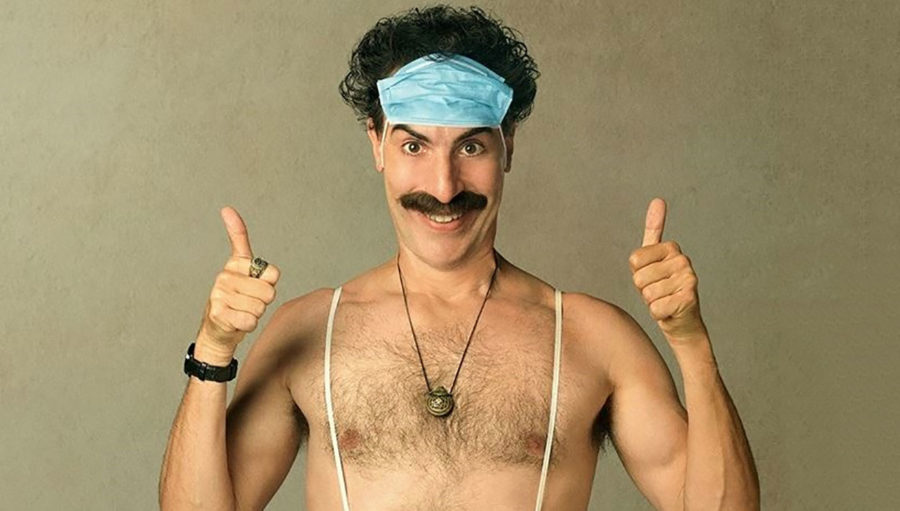The Kazakh American Association has requested all major award show organisers to disqualify Sacha Baron Cohen‘s Borat Subsequent Moviefilm, a sequel to the 2006 film Borat, for its alleged racist representation of Kazakhs, Variety reported.
The Virginia-based non-profit organisation, that is dedicated to “preserving and promoting” Kazakh heritage and culture in the US, has requested the Academy Awards, Golden Globe Awards, Guild of America Awards, and the British Academy of Film and Television Arts Awards to consider disqualifying the film for “whitewashing” their ethnic identity as Eastern Europeans.
Recommended
The letter, co-signed by the Hollywood Film Academy and Council on American-Islamic Relations read, “The Kazakh community worldwide is underrepresented and inherently vulnerable. Our nation is still recovering from an oppressive colonial past, which is why we do not have substantial media representation. Sacha Baron Cohen understands this fact and exploits Kazakhstan by hijacking our ethnic identity, whitewashing us by portraying us as Eastern Europeans, and inciting harassment toward Kazakh people worldwide. Our people report countless cases of sexual and physical harassment as well as bullying due to the Borat franchise.”
Borat Subsequent Moviefilm, directed by Jason Woliner, is a mockumentary comedy that documents the journey of Kazakh television journalist Borat Sagdiyev (played by Cohen) to America. The film is set during the US presidential elections.
Kazakhstan is a transcontinental country, located in Central Asia, with a small part of it in Eastern Europe. A predominantly Muslim nation, it shares its borders with Russia in the north, China in the east, and Kyrgyzstan, Uzbekistan and Turkmenistan in the south.
According to the association, the film is brimming with “misogynistic, incestuous, anti-Semitic, and barbarous” portrayals.
This is not be the first time the satirical film has landed in troubled waters.
Earlier this year, Rudy Giulani, former New York City mayor and attorney to the outgoing President Donald Trump, tweeted a clip from the film (in which he is seen with his hands in his pants in a hotel room, which brought his behaviour under the scanner) and defended himself.
(1) The Borat video is a complete fabrication. I was tucking in my shirt after taking off the recording equipment.
At no time before, during, or after the interview was I ever inappropriate. If Sacha Baron Cohen implies otherwise he is a stone-cold liar.
— Rudy W. Giuliani (@RudyGiuliani) October 21, 2020
While Amazon Prime Video, which released the film on October 23, is yet to respond, Cohen said in a statement to The New York Times, “This is a comedy, and the Kazakhstan in the film has nothing to do with the real country. I chose Kazakhstan because it was a place that almost nobody in the U.S. knew anything about, which allowed us to create a wild, comedic, fake world. The real Kazakhstan is a beautiful country with a modern, proud society — the opposite of Borat’s version.”



